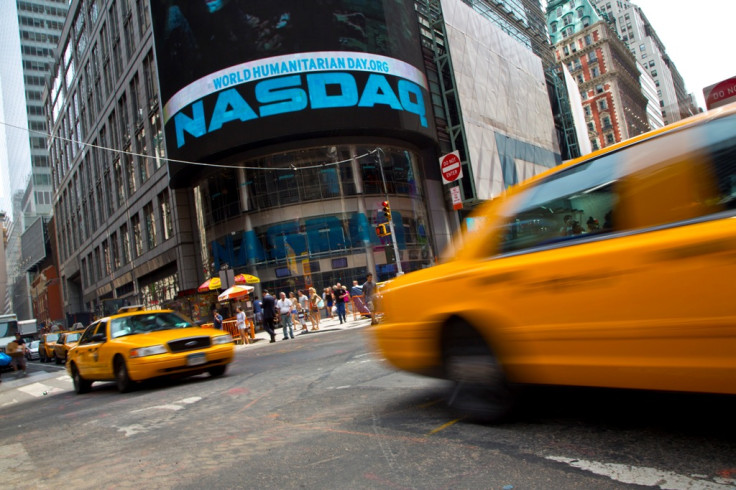Tech Bubble Fears Loom as Nasdaq Suffers Biggest Fall in Over Two Years

The US Nasdaq index logged its biggest fall in nearly two-and-a-half years after a sharp selloff in technology and biotech shares.
The Nasdaq Composite fell some 141 points in intra-day trade on 10 April. The index finished 129.79 points, or 3.1%, lower at 4,054.11, its biggest drop since November of 2011.
Tech heavy-weights Facebook, Netflix and Tesla led the drop, losing more than 5% each as worried investors rushed to cut losses.
Biotech companies also declined, as investors moved their money to safe-harbour stocks.
Elsewhere, social network Twitter lost over 2% on the New York Stock Exchange (NYSE).
"US markets were clobbered last night. As mentioned [on 10 April], I think the sell-off theme in tech stocks is healthy and the sooner some rationalisation kicks in the less systemic risk the world will have to deal with in the future," Scott Schuberg, CEO, Rivkin Securities, said in a note to clients.

"You can see from the chart the US Nasdaq index's meteoric rise from the beginning of the 2009 recovery up until recent highs.
"That's a move from 1,039 to 3,740, or 260%, in five years, while during that time the S&P 500 has risen 185%," Schuberg added.
"Momentum names have been driving this market higher. A lot of these names have been trading at stratospheric valuations, and on long-term outlooks, that may or may not materialize. The question is, 'At what point do they get too expensive?' Right now, I think they're looking a little expensive," Randy Frederick, managing director of active trading and derivatives for Charles Schwab told Reuters.
Earlier, on 9 April, stocks rallied after minutes from the latest US Federal Reserve Federal Open Market Committee (FOMC) meeting showed members were more willing to keep rates low than previously expected.
Technology shares have seen their prices surge over the past several months, as funds pumped money into the tech sector despite the fact that some of the firms do not make any money.
Those increases have fuelled concerns about the emergence of a new technology bubble, bringing back memories of the bubble in 1999 that paved the way for the 2000 dotcom crash.
© Copyright IBTimes 2025. All rights reserved.


















